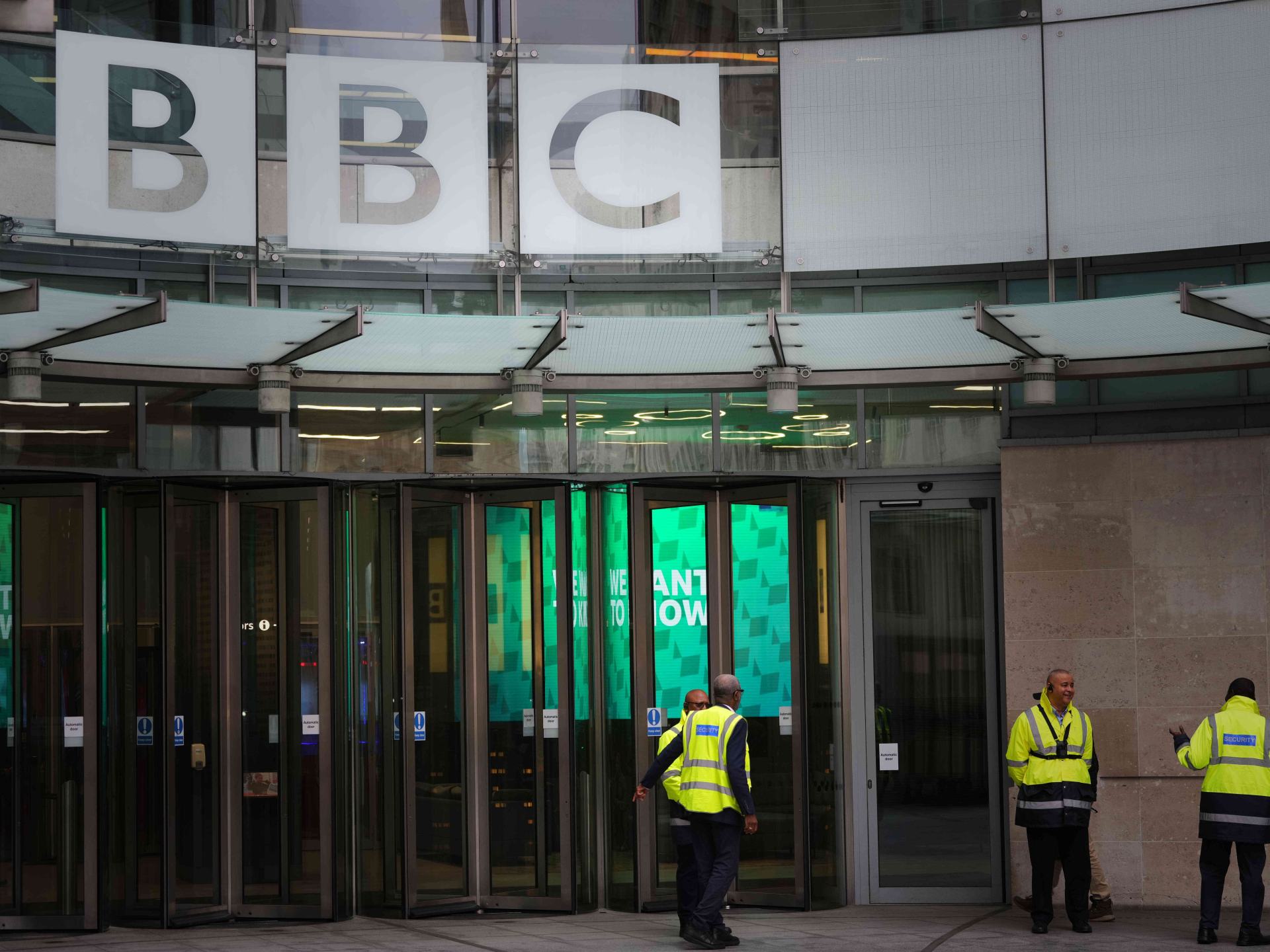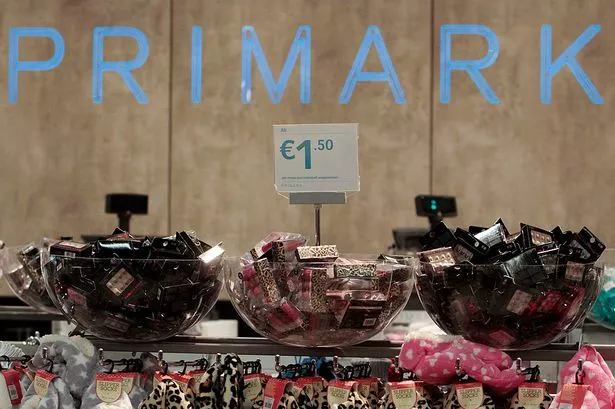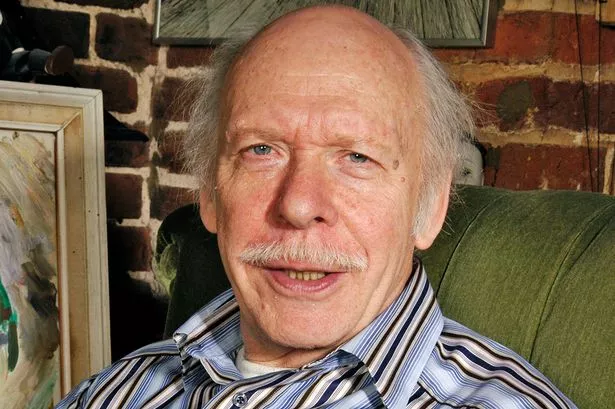United States President Donald Trump has threatened to sue the British public broadcaster, the BBC, for $1bn in the latest of a series of actions he is taking against major news outlets.
Trump’s lawyers said the BBC violated Florida defamation law by editing a video clip in a 2024 Panorama documentary – aired just one week before the November presidential election – to give the impression that he had actively encouraged his supporters to riot at Capitol Hill in January 2021 after he lost the presidential election to Joe Biden.
Recommended Stories
list of 3 itemsend of list
In the BBC documentary, Trump is shown delivering a fiery speech before the confirmation of the election result in Washington, DC, on January 6, 2021. In it, he says, “We fight like hell”, directly after telling supporters, “We’re going to walk down to the Capitol”. However, editors had spliced together two unrelated sentences, which were in fact 54 minutes apart, to make it sound like he was encouraging his supporters to riot.
In a letter sent to the BBC by his counsel, Alejandro Brito, Trump has demanded a retraction of the documentary, which, he says, contains “malicious, disparaging” edits. He has also demanded payments to “appropriately compensate President Trump for the harm caused”.
The broadcaster has been given until Friday 22:00 GMT to respond, or, Brito said, he will be “left with no alternative but to enforce his legal and equitable rights, all of which are expressly reserved and are not waived, including by filing legal action for no less than $1,000,000,000 in damages”.
It is understood that he would file a suit in the US, not the United Kingdom.
The BBC has been mired in accusations of institutional bias since a leaked memo by a former consultant accused it of airing “false, defamatory, disparaging, misleading, and inflammatory statements” about Trump, as well as in other areas of coverage.
The leak was followed by a public apology from BBC chair Samir Shah for the “error of judgement” over the editing of Trump’s speech and the resignations of Director General Tim Davie and Chief Executive of News Deborah Turness on Sunday.
Emma Thompson, a reputation management lawyer at the UK law firm Keystone Law, said, technically, Trump has a good case against the BBC. “If you slice a video and conflate two comments in order to drive a narrative, that’s exactly what libel is,” Thompson told Al Jazeera.
However, media experts say it is typically very difficult for public figures like Trump to win defamation cases under US law.
‘Unbelievably difficult’ proving defamation under US law
David Erdos, professor of law at the University of Cambridge, said a US court would first have to establish “what sort of meaning should be ascribed to what is being published”, validating or contradicting Trump’s claim that the message conveyed by the edited footage was misleading.
But as opposed to UK law, where defamation cases rest on whether the published information was false or misleading, in the US, the plaintiff must prove “not only that it was false, but that there was reckless disregard of falsity”.
In other words, US law requires proving malice, which sets an “incredibly high bar” for suing for defamation. “One would have to prove falsity or that they [the BBC] showed reckless disregard of falsity – and we obviously don’t know that,” Erdos told Al Jazeera.
“Even if something is defamatory – and seriously so – unless you can show that the person knew the statement was false, then the claim will be thrown out.”
Thompson, of Keystone Law, said the First Amendment of the US Constitution guarantees freedom of speech, protecting a wide range of expression and putting the burden of proof squarely on the claimant – the US president in this case.
She described the requirement of proving malicious intent as “unbelievably difficult”. “You can’t prove what somebody else is thinking [unless] you have evidential proof like emails or notes of a meeting,” the lawyer said. “You have to show that the act was intentional and you have to show that the act was intended for the person to be harmed, whether reputationally or financially.”
How easy is it to prove ‘reputational harm’?
Trump’s lawyers have claimed the BBC’s broadcast caused Trump “overwhelming financial and reputational harm” and demanded that the British company issue an apology and payments that “appropriately compensate President Trump for the harm caused”.
Proving reputational harm has been caused by a publication or broadcast is easier if financial loss is involved. “A company could claim it lost a contract because of an article [in the news],” Thompson said. But establishing whether the standing of a US president has been harmed would be much harder.
Trump would, however, have the timing of the publication on his side as an “aggravating factor”, she said. The BBC broadcast its documentary shortly before the November 2024 US presidential election, and Trump’s legal team is arguing that this was a clear attempt to influence the election.
Gavin Phillipson, professor of law at the University of Bristol, said under US law, plaintiffs must substantiate their claim of reputational harm by showing “how many people heard the allegation or saw the media report in question”.
In this instance, the BBC service, including iPlayer, its main streaming platform, is not available in the US. “This would be a hurdle – to show that the Panorama documentary has caused damage to his reputation in Florida,” Phillipson said.
Suing in the UK
While he could potentially bring the case before a UK court – which sets a lower bar for proving defamation claims – he would be unlikely to win anything approaching the amounts won when claimants are successful in the US.
Phillipson said the amount of $1bn proposed by Trump is “ridiculous” and would never be accepted by a UK court, where the maximum payout recorded in similar cases was 350,000 pounds ($461,000).
Erdos, the Cambridge lecturer, said the European Court of Human Rights (ECHR) has recognised that large lawsuits, especially for defamation, deter freedom of expression. “It’s been acknowledged that freedom of expression can be chilled by this sort of amount,” he said.
Several US media companies, including CBS and ABC News, have paid tens of millions of dollars to settle lawsuits filed by the US president.
In July this year, Paramount, the parent company of CBS News, agreed to pay him $16m over the editing of a 2024 interview aired by CBS, its subsidiary.
The case was brought over a broadcast of 60 Minutes featuring then-Vice President Kamala Harris, which Trump alleged had been deceptively edited to benefit the Democratic Party before the 2024 election. Trump initially sought $10bn in damages, later raising the claim to $20bn.
In December last year, ABC, owned by Disney, agreed to pay $15m to settle a defamation suit filed over on-air comments made by anchor George Stephanopoulos that Trump had been “found liable for raping” writer E Jean Carroll.
The BBC could follow the example of these broadcasters and settle a lawsuit, or follow The New York Times and fight back. Trump hit the news organisation with a complaint last year, asking for $15bn in damages over its coverage of his relationship with the late convicted sex offender, Jeffrey Epstein.






